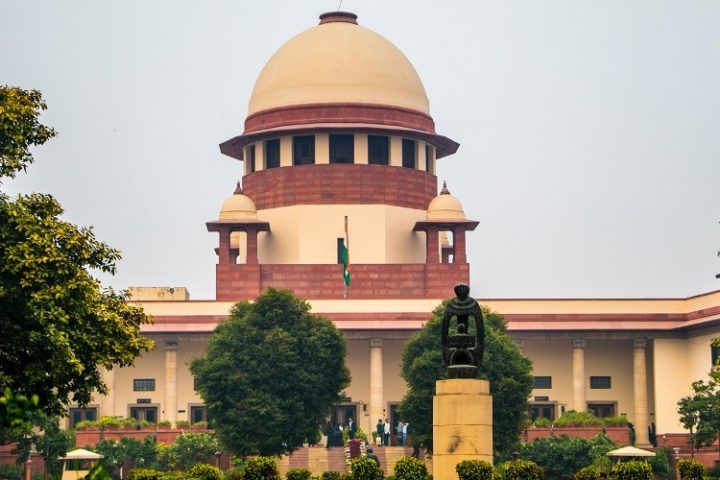
SINGAPORE — India’s Supreme Court has recently ruled that domestic, unmarried partnerships or same-sex relationships can be regarded as “familial relationships” and that these “atypical manifestations” of the family unit deserve protection under Indian law and qualify for benefits under social-welfare legislation.
This ruling widened the country’s legal view of the traditional definition of a family, that is, a single unchanging unit with a mother and a father along with their children.
This ruling arose from a case regarding a nurse, Deepika Singh, whose employer had refused her maternity-leave application after she gave birth because she had already taken leave to care for her husband’s children from a prior marriage.
Eventually, the court ruled in Singh’s favor, noting that the traditional definition of a family overlooks “many circumstances,” including people who do not conform to this expectation.
“This assumption ignores both, the many circumstances which may lead to a change in one’s familial structure, and the fact that many families do not conform to this expectation to begin with,” said the bench of Justices D.Y. Chandrachud and A.S. Bopanna.
Furthermore, the bench noted that a household may be a single-parent household as well, for various reasons including the death of a spouse, separation, or divorce.
“Similarly, the guardians and caretakers (who traditionally occupy the roles of the ‘mother’ and the ‘father’) of children may change with remarriage, adoption, or fostering,” it justified.
“The black letter of the law must not be relied upon to disadvantage families which are different from traditional ones. The same undoubtedly holds true for women who take on the role of motherhood in ways that may not find a place in the popular imagination,” opined Justice Chandrachud, who wrote the verdict down on behalf of the bench.
The bench further stated that if a proper interpretation of the law failed to be adopted in Singh’s case, the purpose and object of the grant of maternity leave would be defeated.
“The grant of maternity leave under Rules of 1972 is intended to facilitate the continuance of women in the workplace. It is a harsh reality that for such provisions, many women would be compelled by social circumstances to give up work on the birth of a child, if they are not granted leave and other facilitative measures”
It added that no employer should perceive childbirth as detracting from the purpose of employment and childbirth has to be construed in the context of employment as a natural incident of life and hence, the provisions for maternity leave must be construed in that perspective.
Additionally, the bench asserted that women tend to take responsibility for a disproportionate burden of childcare work as compared to men, referencing a “time-use” survey conducted by the globalist Organization for Economic Co-operation and Development (OECD) that alleged that Indian women presently spend up to 352 minutes per day on unpaid work, 577-percent more than the time spent by men.
Court Ruling Implications for LGBTQ+ Groups
Pro LGBTQ+ groups welcomed the court ruling as a step toward recognizing same-sex and unmarried couples living together who want to adopt a child.
Prior to this recent ruling, the law had solely regarded heterosexual couples as families in legal terms to qualify for adoption.
After 17 years of legal challenges mounted by leftist activists, India decriminalized homosexuality in 2018 in an historic ruling that determined that the controversial colonial-era Section 377 of Indian law was unconstitutional. Nonetheless, in various parts of the country, homosexuality is still a taboo topic.
“Criminalizing carnal intercourse under Section 377 [of the] Indian Penal Code is irrational, indefensible and manifestly arbitrary,” said then-Chief Justice Dipak Misra in the landmark judgment on September 6, 2018.
Prior to the September 2018 ruling, those caught engaging in homosexual acts could be punished by up to 10 years in prison under Section 377 of the penal code.
Fortunately for conservatives, the country still does not acknowledge same-sex marriage or civil unions. This is because marriage in India is governed by a set of colonial-era religious, personal laws that differ depending on religion, as well as by a secular law known as the Special Marriage Act. Both secular and colonial era laws define marriage as a union of a man and a woman. Legalizing same-sex marriage would necessitate a reexamination of India’s legal system, the government of India has admitted.



